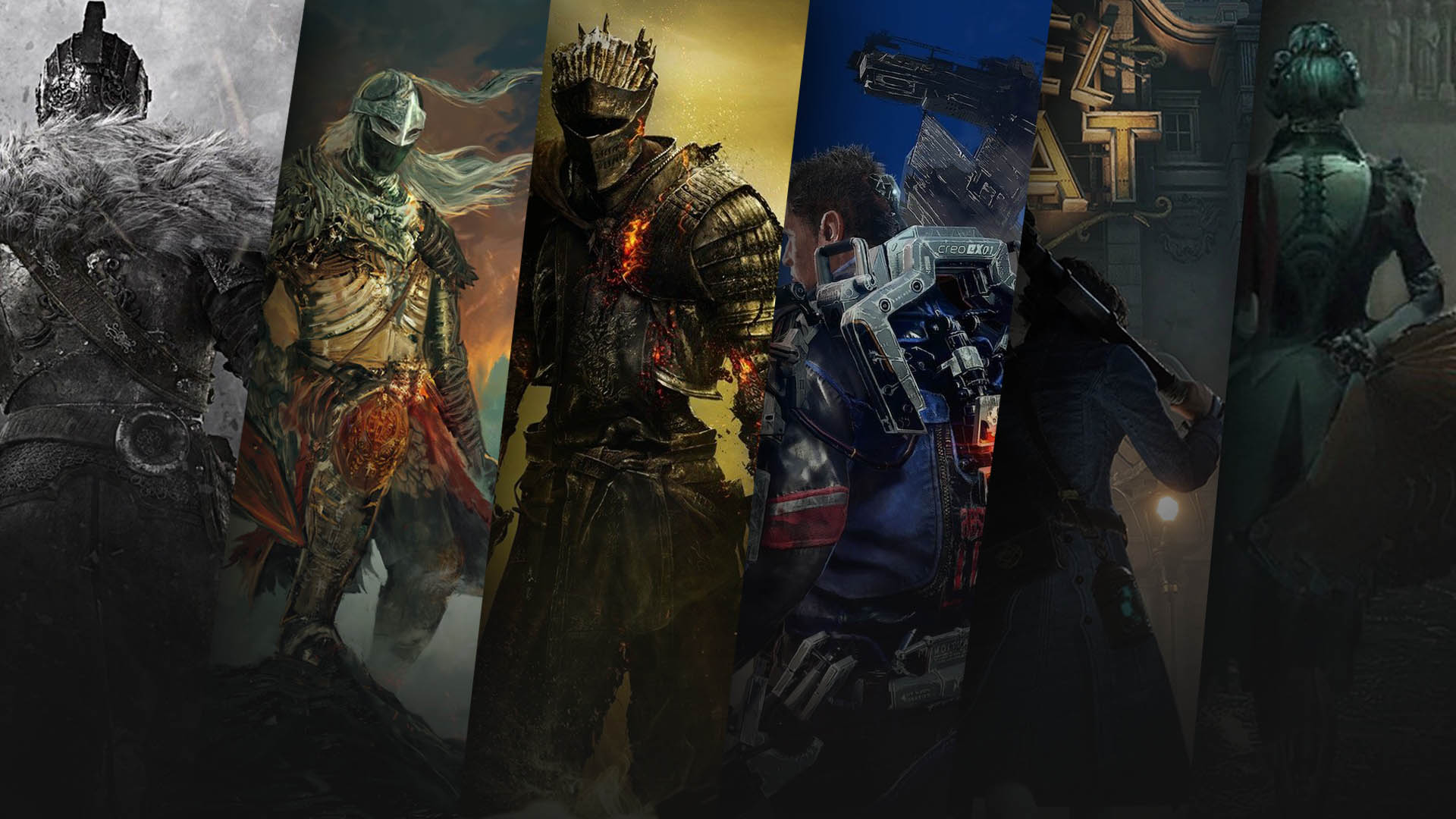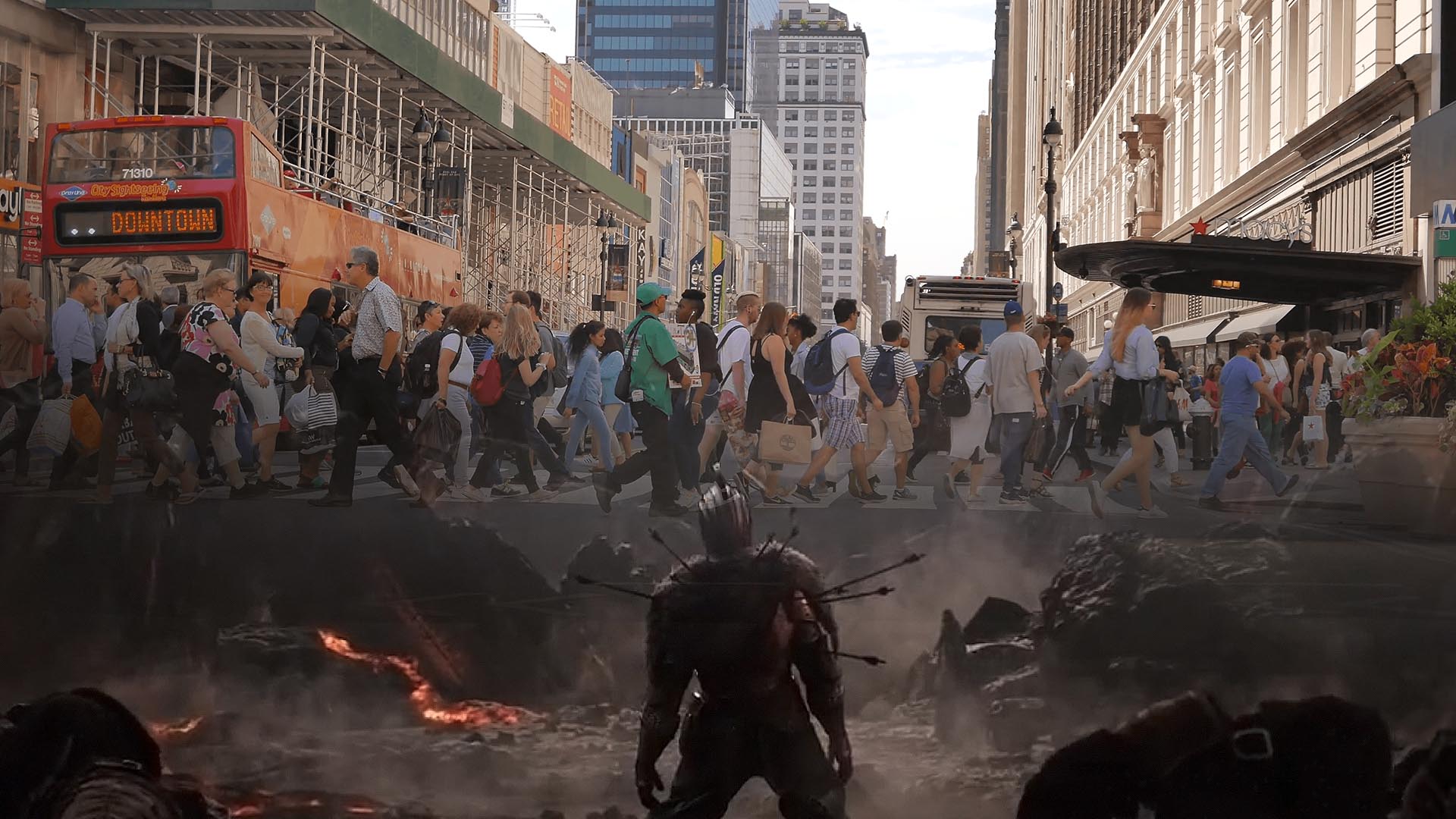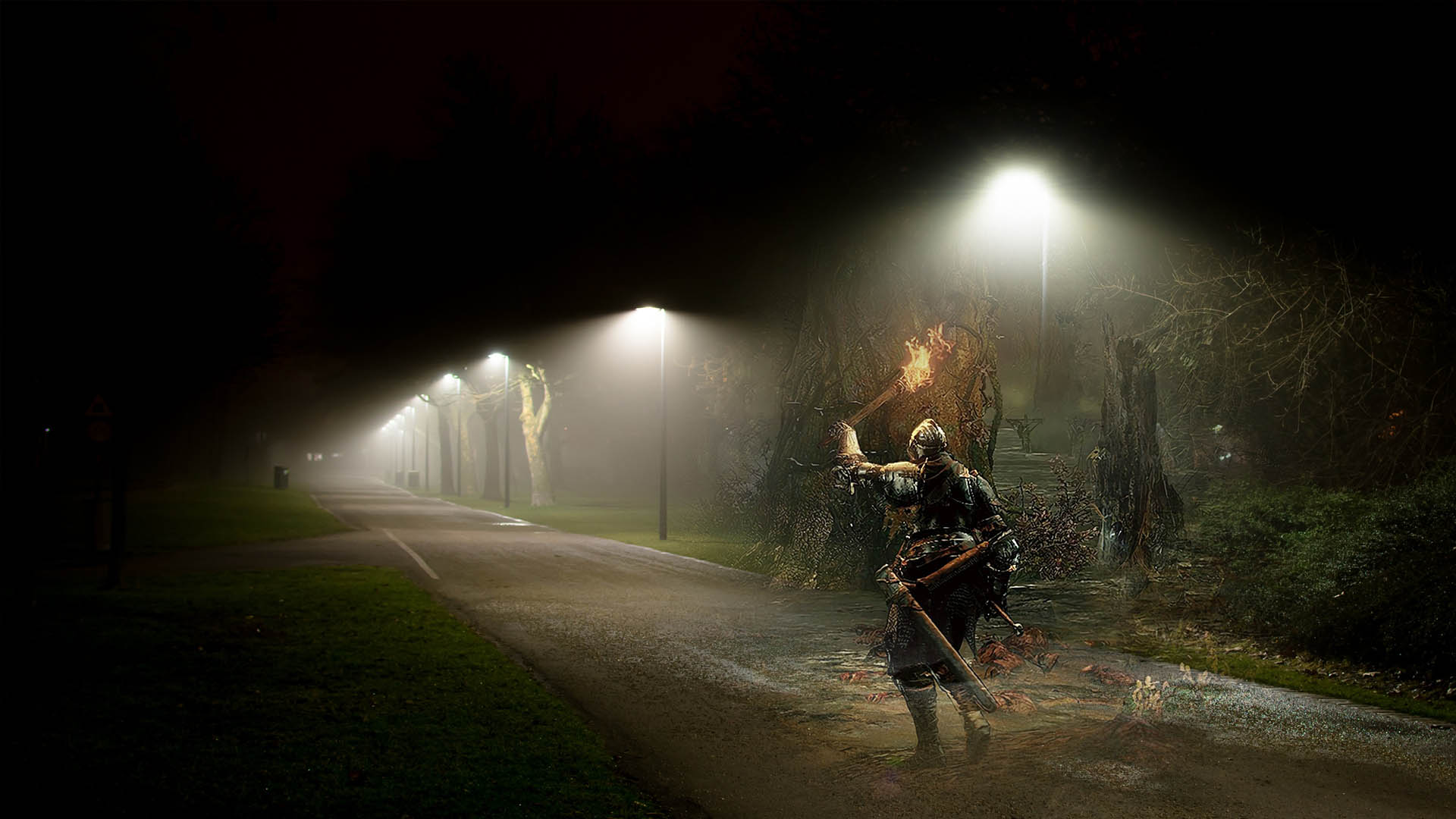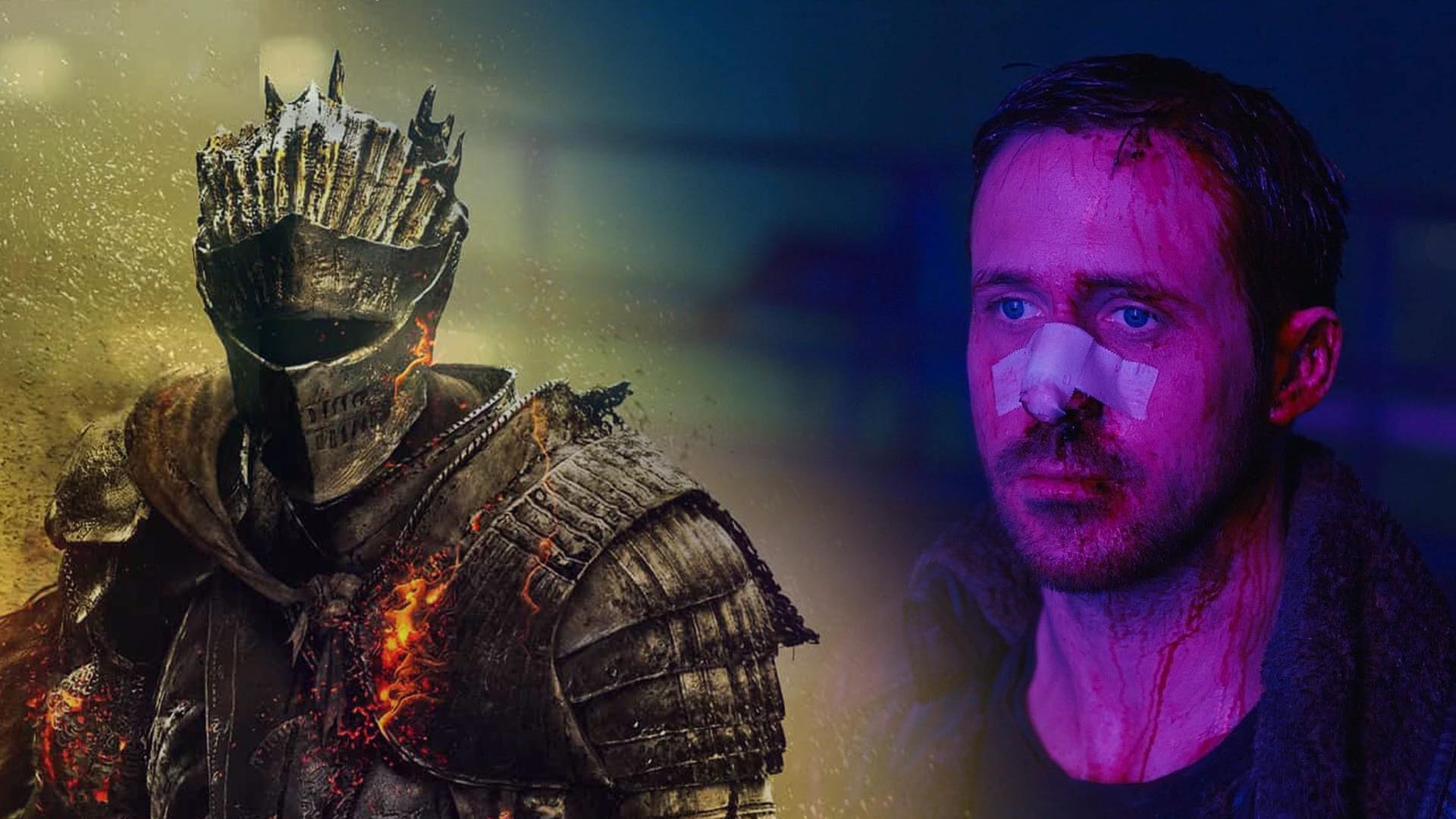Soulslike games are perfect even for the most casual gamer. Here’s why less Fortnite and more Lies of P is better.
Yes, that’s the hill I am choosing to die on today by convincing you why you should switch three rounds of Fortnite or Rainbow Six: Siege with a session of Dark Souls, Elden Ring, or, most recently, Lies of P.
It is not only because the current casual gaming landscape lacks meaningful escapism. Not every gaming session has to drag you into emotional catharsis, where you connect with fictional characters and lose yourself in immersive worlds. Sometimes, you just want to jump to Tilted Towers with your friends in Fortnite and explore some looting and shooting endeavors.
You especially need that after a long day of work, school, or something else that is equally exhausting and takes a large chunk of your time. That’s where escaping to a few rounds of Fortnite or any other game in the current casual gaming scene is comforting.
Soulslike games and meaningful escapism

Playing casual and competitive games daily is perfectly fine, and you don’t need a random stranger telling you that it is. But the value proposition of Soulslike games is like no other, and that’s why anyone who chooses gaming as the best way of escapism should start playing soulslike games more and realize how easily they can replace your current gaming habits.
Despite the steep learning curves and notorious difficulty spikes, these games are perfect for casual gamers. Let me elaborate.
What is a Soulslike game? – A decade-old question

There is no need to rediscover America and form an essay on the defining characteristics of a Soulslike game.
In short, it is a game where the player is encouraged to endure punishing difficulty by mastering methodical combat in a dark and atmospheric world interwoven with a vague narrative.
This brief description of the genre doesn’t sound as appealing as Travis Scott’s concert in Fortnite, that’s for sure. Participating in such digital wonders sounds more fun than exploring the grotesque world of Lies of P.
Yet somehow, we keep seeing more and more Soulslike games each year. That’s not only because massive gaming conglomerates decided to milk the genre after seeing FromSoftware conquer the industry. If that were the only case, any title that carbon-copied the genre’s core tenets would be a commercial success.
Only the ones that integrated the genre’s true elements found a solid audience and a satisfactory sales performance.
They didn’t only rake in money but also fostered a faithful community thanks to their solid implementation of the concept of “struggle” into their narrative and gameplay. And this form of struggle isn’t that far away from the one we often encounter daily.
What struggles do Soulslike games offer?
Most games involve some form of struggle and challenge. In your average competitive shooter, the struggle is often about mastering the map to outsmart the enemy team. In a platformer, the struggle is about overcoming obstacles and, well, platforms.
But the most praiseworthy and profound approach to the “struggle” is found in Soulslike games. And despite their vague narratives, dark worlds, and often poor onboarding processes, the struggle offered in these games appeals to the most intrinsic characteristics of human nature. Let’s analyze that through examples!
- I was feeling overwhelmed by the problem.
In Dark Souls, your character is a manifestation of struggle. You are an Undead, one of many in the game’s world. You’re forgotten. You don’t even have the energy to lift your rusty sword. The first thing the game throws in your way is a massive demon. It is not fair, but life’s not fair.
- Being unprepared and feeling incompetent.
In The Surge, you’re a disabled blue-collar worker preparing to take on the first day on the job. AI and robots go rogue, and the massive company promising a utopia becomes a dystopian factory churning out technological nightmares. You must take down colossal weaponry to get out of the company.
- Always on the run with no time to rest.
In a rather gutted-down Soulslike game, Star Wars Jedi: Fallen Order, you are a member of an eradicated organization. You are always on the run and always outnumbered. It is you against a colossal empire watching over a galaxy.

In all these titles, you struggle against enemies more powerful than you. You struggle in worlds in these games that don’t feel designed or built for you. Everything in these worlds feels “found,” not designed. On top of that, you start weak and rarely get a steady increase in terms of your character’s stats and abilities.
Don’t you think all of these feel a bit familiar? All of these situations in which we find ourselves pretty much in any soulslike game are actually what daily life is all about.
Soulslike games and daily life
In soulslike games, there is always something unknown right around the corner. Moreover, you rarely feel content with your character’s current build and stats. On top of that, everything feels like a challenge, and nothing seems like the best and the most obvious way.
Well, that’s how life works. The haunting imposter syndrome, the ever-changing variants, and constant chaos are the core elements of our daily lives.
However, overcoming these issues is the key to thriving in life. The path to greatness is paved by handling often trivial and sometimes serious issues that haunt our daily hassles. Indeed, we might not realize that we grow through solving them during our often chaotic or excruciatingly monotonous routines.

But soulslike games transform those issues into more tangible obstacles like colossal bosses and labyrinthine map layouts. Unlike daily life, they also present more concrete rewards once the issues are resolved. Two of these would be the ability to upgrade certain skills or acquire a valuable stone to enhance your weapon, for instance.
The fact they offer a unique approach to the struggles of our lives alongside visible rewards separates these games from the others. That’s why beating the enemies these titles throw at you yields a sense of achievement you can’t just get enough of.
That’s also why immersing yourself in the worlds of these games, despite the difficulty spike, is so alluring because the best Soulslike games make you crave struggle and realize how you need it as a person to become a better version of yourself.
What struggles do other games offer?
Of course, this struggle is entirely different from the one we often encounter in your average competitive shooter. Indeed, memorizing the best spots on a map and testing your skillset against another player is a whole different test. Undoubtedly, these games also come with their sets of hardships that feel too big to overcome.
But these usually consist of getting a better aim in Call of Duty Warzone 2 or mastering the concept of building and shooting in Fortnite. Make no mistake, getting good at such feats is no walk in the park. That’s why, at first, achieving them does unleash a surge of dopamine.
But that’s it. It doesn’t get better than that. When you get accustomed to that feeling, even getting pentakills in a row or securing ten headshots in consecutive rounds doesn’t cut it. Leveling up ranks, completing the challenges in Battle Pass, or running with FAMAS as Diablo’s Lilith are bound to get repetitive too. That’s why the soulslike games and casual gamer is the perfect blend. That’s because they offer a way out of the ordinary and the repetitive.
That’s also why trading a few Call of Duty Warzone rounds with some Elden Ring exploration is worth it. This trade isn’t about some gaming migration where you are obligated to leave all the dopamine-boosting casual games in the past, though.
After all, we also eat junk food occasionally as we know what it always tastes like. It is comforting. But we are all about breaking the comfort zone. At least we should be.
Gaining experience and the New Game Plus
Our already monotonous daily lives are filled with daily struggles that usually don’t push us to become a better version of ourselves.
We might complain when they do and feel like we won’t be able to overcome certain obstacles, just like bumping into a massive enemy in Steelrising or Dark Souls 2 and thinking that this boss is unbeatable.
But we take out that boss despite its unending barrage of attacks, one-shotting hits, strange gimmicks, and, more often than not, poor enemy design. We do that while knowing a bigger, more powerful one is waiting in line. But we move on.
This gameplay loop is similar to the loop that we call life.
Think about the struggle of tackling a new school project, handling the behavior of a narcissistic supervisor, or saving up enough money for a new keyboard only to see that its price went up.
We level up as a person by acknowledging and resolving these daily and trivial issues as they come and go. After tackling them, no matter how difficult they are, we become more competent and resolve them more easily in future iterations.
That’s what experience means.
This is nothing different than returning to the beginning of the journey in a soulslike game. In life, we call it gaining experience, but in Soulslikes, it is called the New Game Plus.
Reward yourself with more valuable escapism.
It is safe to say that the main inspiration for soulslike games is the struggles that we encounter in our daily lives. On the other hand, their casual counterparts lack incremental progress that is inherently observed in human nature.
But why should we praise soulslike games just because they offer an unrealistic version of the daily “struggle” and “grind”? Aren’t they offering something we should avoid as we have enough of it during the day? Isn’t this simply romanticizing struggles and problems?

Why should a casual gamer trade one struggle for another? Why soulslike games and casual gamers is a perfect blend? Especially when the casual titles feel easier to jump in thanks to their straightforward onboarding methods, why should we go for the struggle in soulslikes?
That’s because the reward of tackling issues -severe or trivial- that trouble our daily life shouldn’t be spending hours in repetitive League of Legends matches or binge-playing Fortnite for four hours straight. What these games offer will never be any different. These games will ensure that you stay in your comfort zone. Our excruciatingly dull, difficult, or monotonous lives need something more unique and something differently challenging.
Soulslike games and casual gamer is the perfect blend
For all of the reasons above and many more, jumping into a game that encourages you to leave your comforting escapist habits is such a great idea. It is like watching a cult classic film after binge-watching Friends for the fifth time. It is also like preparing healthy food at home and skipping yet another night of takeouts.
Yes, Friends, takeouts, and Fortnite are nice and comforting. But we all need to struggle even in our escapist bubbles. That’s why anyone should give a chance to soulslike games as they offer a struggle that will leave you in awe and stay with you even after you turn off the game.

